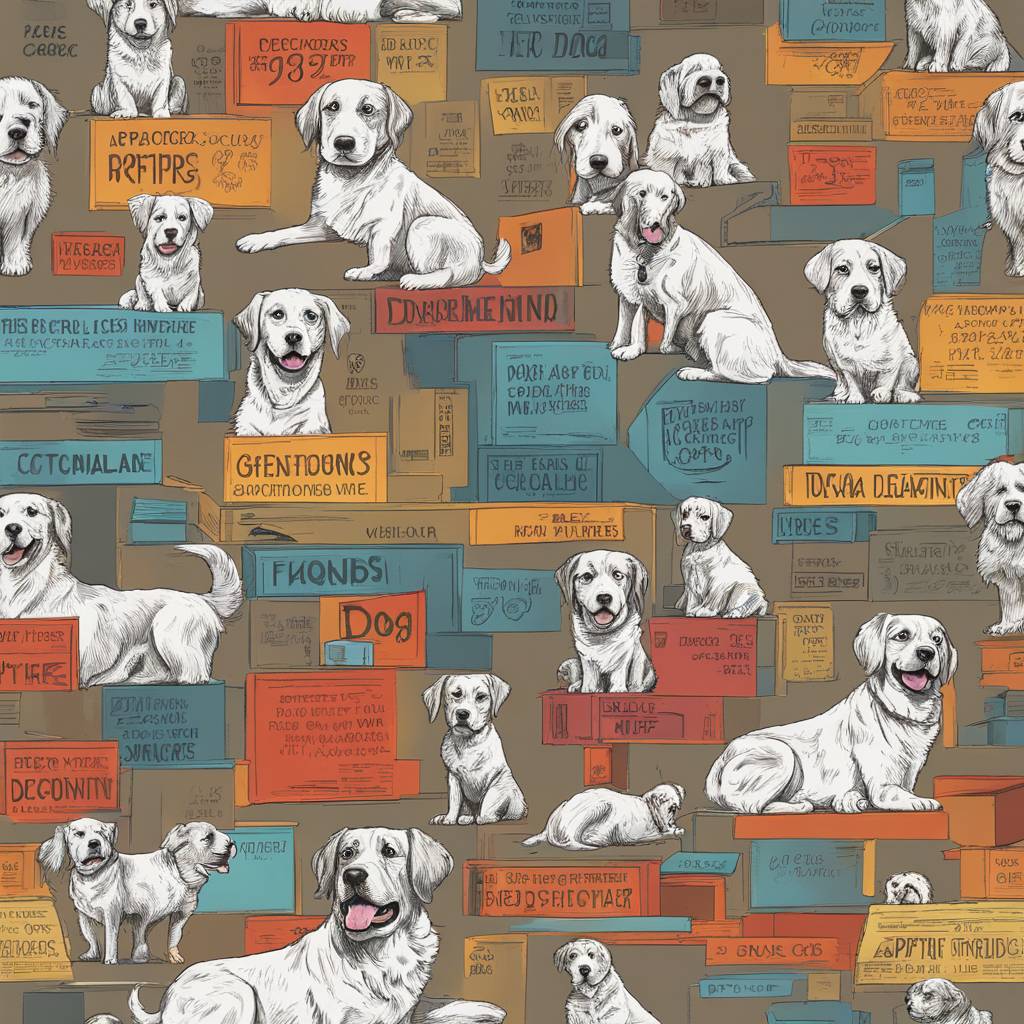A study published in the journal Current Biology has revealed that dogs not only react to words with learned behaviors but also possess an understanding of certain words representing specific objects. Researchers from the Department of Ethology at the Eötvös Loránd University in Budapest found that when dogs hear certain words, their brain activity suggests that they activate a mental representation of the corresponding object in their minds. This indicates that dogs may have a deeper level of understanding of language than previously thought.
In traditional word understanding tests, individuals who do not speak, such as infants and animals, are asked to show or retrieve an object after hearing its name. However, very few dogs have performed well on such tests in a controlled laboratory setting. To further explore dogs’ implicit understanding of object words, the researchers used non-invasive EEG to measure brain activity without requiring the dogs to physically respond. This approach offered a more sensitive measure of the dogs’ comprehension of language.
In the study, 18 dog owners were asked to say words for toys that their dogs were familiar with and then present the corresponding objects to them. The researchers observed a distinct pattern in the dogs’ brain activity when they were shown a matching object compared to a mismatched one. This pattern was similar to what is seen in humans and is generally accepted as evidence of understanding words. Furthermore, the researchers found that there was a greater difference in brain patterns for words that the dogs knew well, supporting the idea that dogs can understand object words.
Interestingly, the researchers discovered that the dogs’ ability to understand object words was not dependent on the number of words they knew. Even dogs with a limited vocabulary of object words displayed the same capacity to activate mental representations of objects when hearing their names. This suggests that the ability to understand referential language may be present in all dogs, not just those with a large vocabulary of object words.
The findings of this study have significant implications for our understanding of language evolution and the communication abilities of dogs. The researchers believe that dogs, as a species, may possess a general capacity to understand words in a referential way, similar to how humans do. This challenges previous notions about the uniqueness of human language use and comprehension. Dog owners may be surprised to learn that their pets understand more than they demonstrate and have a deeper understanding of language than previously thought.
Moving forward, the researchers are interested in exploring whether other mammals possess similar abilities to understand referential language. They also want to investigate how this capacity emerged and whether it is influenced by dogs’ unique experience of living with humans. By continuing to study how dogs understand and process language, researchers hope to gain valuable insights into the cognitive abilities of animals and the nature of communication across different species.



